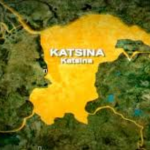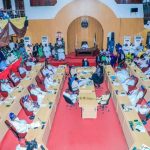The Federal Government has reintroduced Nigerian History as a compulsory subject in the basic education curriculum to strengthen national identity, unity, patriotism, and responsible citizenship.
The Federal Ministry of Education announced the introduction in a statement on its official X account on Wednesday.
“For the first time in decades, Nigerian pupils will study History continuously from Primary 1 to JSS3, while SSS1–3 students will take the new Civic and Heritage Studies, integrating History with Civic Education,” the statement read.
Primary 1–6: Pupils will learn about Nigeria’s origins, heroes, rulers, culture, politics, economy, religions, colonial rule, and post-independence governance.
JSS1–3: Students will study civilisations, empires, trade, European contacts, amalgamation, independence, democracy, and civic values.”
According to the Ministry of Education, this reform is a priceless gift to the nation, reconnecting children with their roots while inspiring pride, unity, and commitment to national development.
In 2007, the Federal Government launched a new curriculum known as the New Basic Education Curriculum for primary and Junior Secondary Schools. History was removed from Primary and Junior Secondary Schools’ curricula and implemented in the 2009/2010 Academic Session.
Official reasons given for the removal then were, among others, that students shun the subject; only a few jobs were available for History graduates, and dearth of History teachers.








